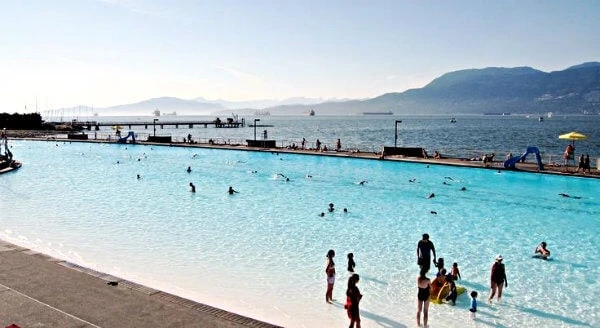Having a pool in your backyard is a dream come true for many homeowners. It offers endless opportunities for relaxation, recreation, and family fun. However, to keep your pool pristine and enjoyable, investing in the right equipment is essential. One crucial component of a pool's filtration system is the pool pump. In this comprehensive guide to pool fun, we will explore the importance of pool pumps, factors that influence the cost to install a pool pump, and tips to make an informed decision.
The Vital Role of Pool Pumps
A. Understanding Pool Filtration Systems
The Pool Pump's Function: The pool pump is the heart of the filtration system, responsible for circulating and filtering water to keep it clean and clear.Maintaining Proper Water Balance: Pool pumps play a crucial role in maintaining the right chemical balance in the water, ensuring safe and hygienic swimming conditions.B. Types of Pool Pumps
Single-Speed Pumps: Traditional and cost-effective, but less energy-efficient.Dual-Speed Pumps: Offers better energy efficiency with variable speed settings.Variable-Speed Pumps: Highly energy-efficient, allowing customized flow rates.Factors Affecting the Cost to Install a Pool Pump
A. Type and Size of Pool Pump
Single-Speed vs. Variable-Speed: Variable-speed pumps are generally more expensive due to their advanced features and energy-saving capabilities.Horsepower: Larger pools may require higher horsepower pumps, which can impact the overall cost.B. Pool Pump Installation
DIY vs. Professional Installation: DIY installation might save costs upfront but can lead to issues if not done correctly. Professional installation ensures proper setup and warranty coverage.Labor Charges: Labor costs may vary based on location and the complexity of the installation.C. Additional Equipment and Accessories
Pool Pump Timers: Timers help optimize energy usage and may add to the overall cost.Variable-Speed Pump Controller: Advanced control systems may enhance energy efficiency but can increase the initial investment.Determining the Right Pool Pump for Your Needs
A. Assessing Pool Size and Usage
Pool Volume: Calculate the pool's water volume to determine the appropriate pump size.Pool Usage: Consider the frequency of pool use and desired water circulation rates.B. Energy Efficiency Considerations
Long-Term Savings: Variable-speed pumps may have a higher upfront cost but can save significant money on energy bills over time.Environmental Impact: Energy-efficient pumps contribute to a greener and eco-friendly pool setup.Tips for Making an Informed Decision
A. Research and Compare Options: Investigate different pool pump models, brands, and customer reviews to find the best fit for your pool.
B. Seek Professional Advice: Consult with pool contractors or experts to assess your pool's needs and identify the most suitable pump.
C. Budget Wisely: While cost is an important factor, prioritize quality and efficiency to avoid frequent repairs and replacements.
Conclusion
A pool pump is an essential investment to ensure your pool remains clean, safe, and enjoyable throughout the swimming season. By understanding the factors that influence the cost to install a pool pump and making an informed decision, you can not only enhance the pool's performance but also enjoy cost savings in the long run. Remember, the right pool pump will keep the water sparkling and crystal clear, providing the ultimate pool fun experience for you, your family, and your guests.


